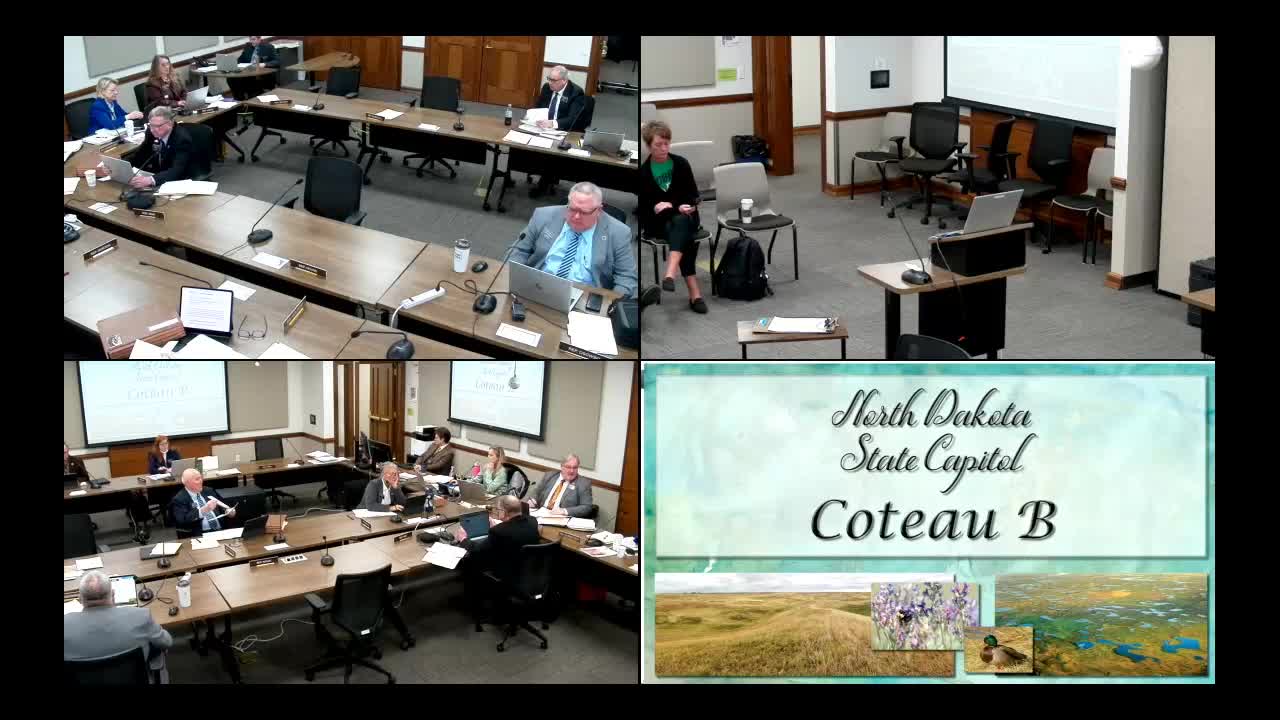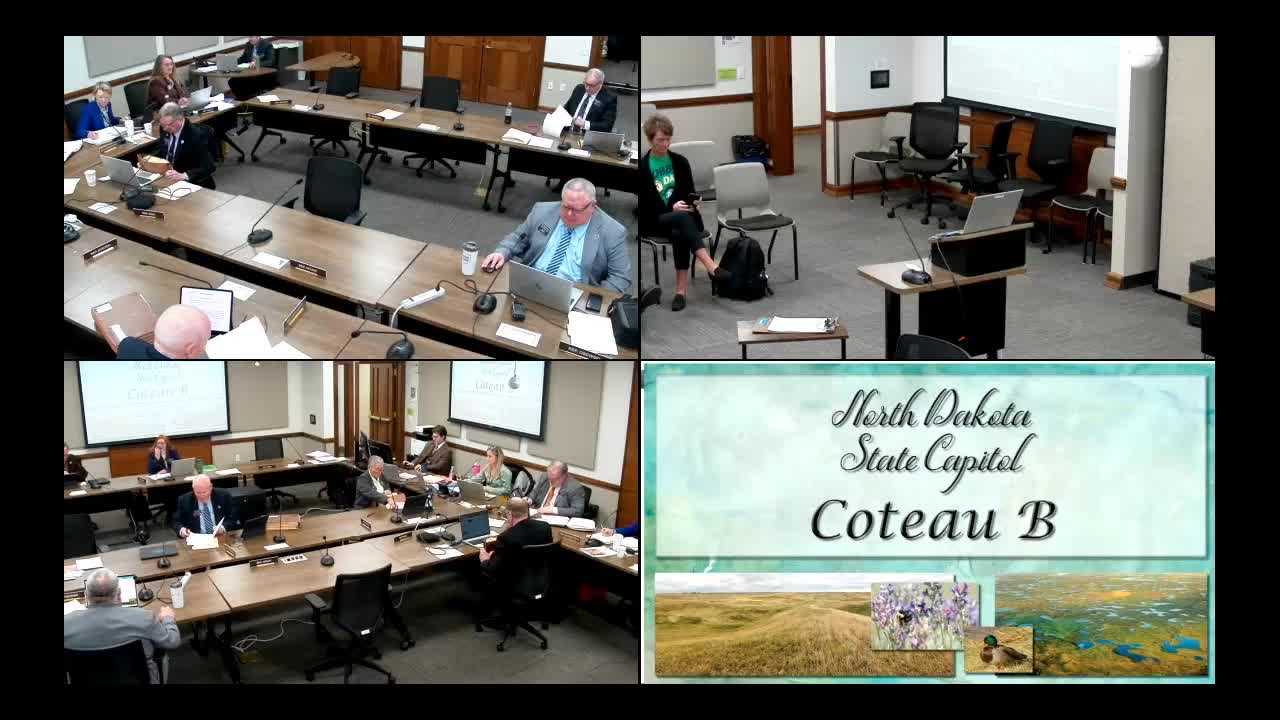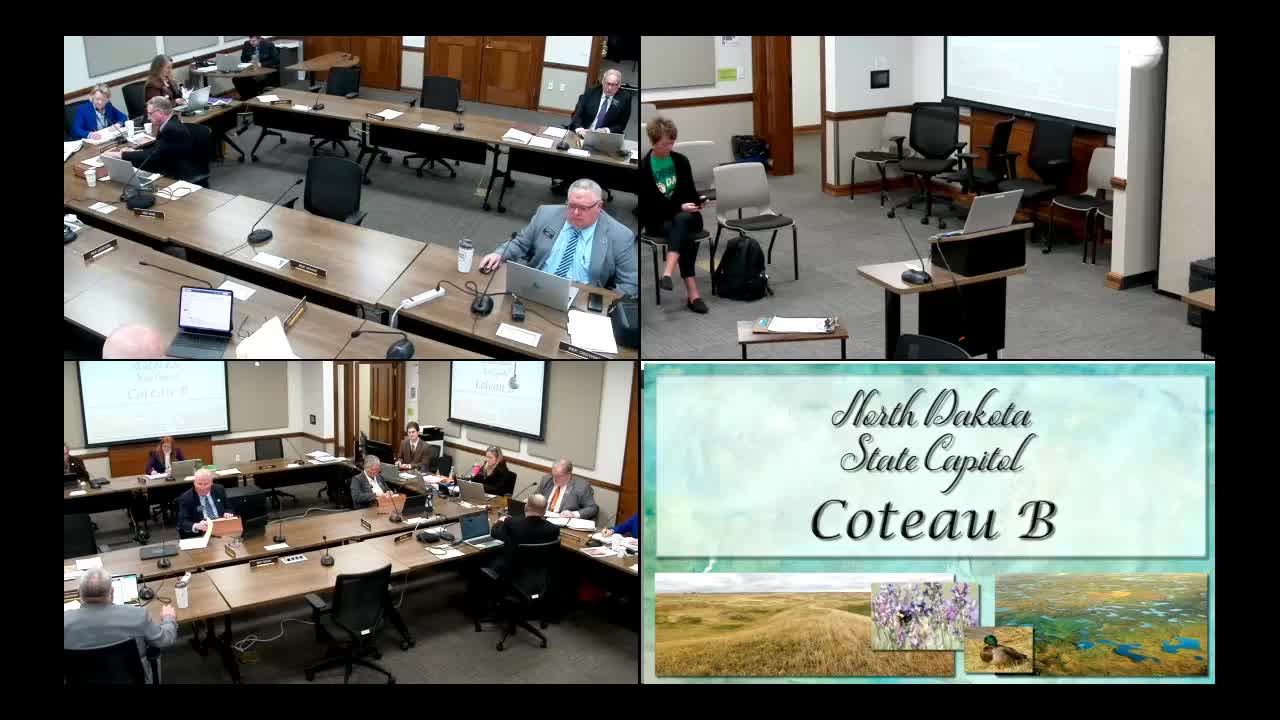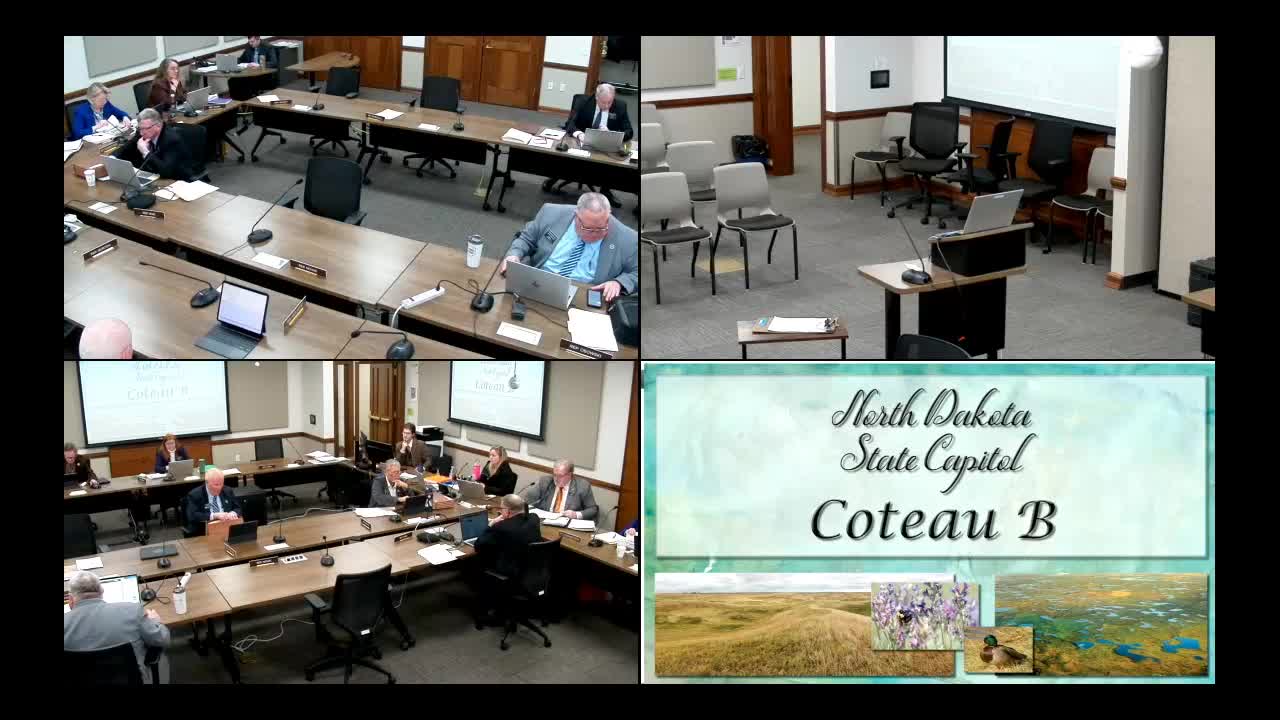Article not found
This article is no longer available. But don't worry—we've gathered other articles that discuss the same topic.

Sponsor pitches amended higher-education hiring transparency bill; institutions warn of lost flexibility

Committee advances curriculum bill after amendments adding IHRA definition and timeline caveat

Committee recommends do-not-pass on school-board observer bill

Committee moves CPR-training and cardiac-response bill forward with amendments

